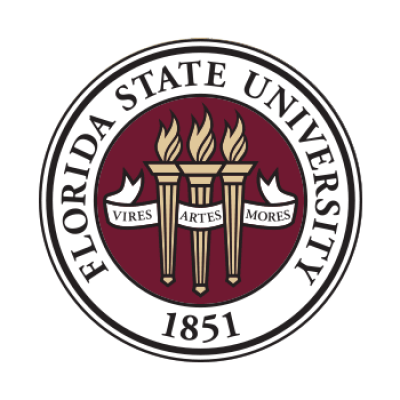News

Journal of Drug Issues (JDI) continues its dedication to providing a professional and scholarly forum centered on the national and international problems associated with drugs, especially illicit drugs. With international contributors and subscribers, JDI is an instrument widely used by research scholars, public policy analysts, and those involved in the day-to-day struggle against the problem of drug abuse.

It is with great sadness that we announce the death of one or our former students, Dr. Richard P. Kern on December 13, 2011 at the age of 58 after a long and valiant battle with cancer. He was a graduate student in the College of Criminology and Criminal Justice from 1975 to 1982, earning his Masters Degree in 1977 and Ph.D.
Tagged: Alumni

Alumni, students, faculty and friends are invited to the College of Criminology and Criminal Justice’s reception at the annual meeting of the American Society for Criminology in Washington, D.C. Join us as we celebrate past and present accomplishments. Thursday, November 17th 7:00 p.m. to 9:00 p.m., Jefferson West, Concourse Level of the Washington Hilton. Sponsored by the Alumni and Friends of Criminology.

The internship program gives students work experience that counts as academic credit. Interested criminology students are invited to the Internship Expo, Thursday, November 3rd from 3:00 p.m. to 5:00 p.m. at the Broad Auditorium, to learn about various internship opportunities for spring semester. Agencies represented at the fair include:

The College welcomes parents and students to visit the Hecht House during the Parents Weekend, Friday, October 28. Relax and enjoy refreshments in our hospitality suite from 10:00 a.m. to 4:00 p.m.
Take this opportunity to learn about the College’s graduate and undergraduate programs, and variety of student internship opportunities.
Meet the College’s faculty, undergraduate and graduate advisors, and other criminology students and parents.
Gather information about student support organizations and programs across campus.

An informational session about the College’s Bachelor’s to Master’s program will be held on Thursday, October 20 at 1:30pm in the Hecht House conference room. The BS to MS program provides students the opportunity to take graduate courses in criminology while still enrolled as an undergraduate. Up to 12 graduate credit hours can be taken. These credits will be counted toward both the bachelor’s and master’s degrees. This enables students to obtain the master’s degree in a shorter amount of time and get a jump start toward meeting career goals.

The Criminology Internship Program assists applicant law enforcement officer’s intent on careers in law enforcement through practical, hands-on experience at the Pat Thomas Law Enforcement Academy at the Florida Public Safety Institute. Motivated criminology students can earn their State Officer Certification, while also earning a degree at FSU.

The Criminology and Criminal Justice graduate program provides a valuable tool to apply the knowledge undergraduates learn regarding the theoretical explanations for criminal behavior and its subsequent application in empirical research. Students who are interested in taking the next step may be viable candidates for our graduate program, but are unsure of the academic responsibilities of the graduate program, opportunities available to students in terms of publishing and funding, and the possibilities of career options post-graduation.
Tagged: Students

The Florida Department of Corrections (FDOC) received a multi-year grant from the National Institute of Justice (NIJ), to develop a system that utilizes data elements from FDOC’s various databases into a unified, real-time data warehouse. The Correctional Operations Trend Analysis System (COTAS) uses historical data to model the probability of incidents of violence occurring in all FDOC facilities in the state (at the facility and inmate levels).

The National Council on Crime and Delinquency (NCCD) recently announced the 2010 Winners of the Prevention for a Safer Society (PASS) awards. The awards are made annually to honor and recognize professionals who cover issues and highlight solutions to criminal justice, juvenile justice and child welfare problems. Dr. Daniel P.
